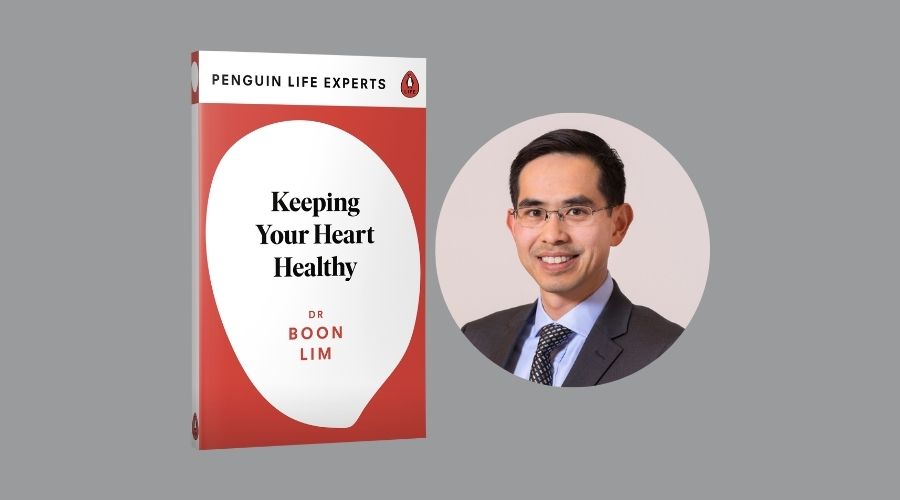Over the millennia of human evolution, the stress response has kept generation after generation of people alive. Surging heart and breathing rates, eye-pupil dilation and increased blood flow to the muscles prepared our ancestors to successfully fight predators, prey, rivals and other threats – or to flee the scene to safety, when necessary. And after our ancestors managed to slaughter some ferocious sabre-toothed tiger or massive woolly mammoth and bring it home for a feast, they would sleep for many hours, perhaps even days. Under the thrall of the parasympathetic nervous system, their bodies enjoyed long stretches of rest, relaxation and rejuvenation between sudden but temporary bursts of adrenaline and cortisol.
Fast-forward to modern life – a period for which our automatic stress responses are less ideally evolved. Most of us now feel under continuous threat from things that are not so easy to escape. If a snake appears near where you’re sitting, you run away or kill it, but once you’ve removed the threat, your heart and breathing rate quickly settle back down to normal. Getting pinged from the moment you wake until late in the evening by emails from your boss, becoming anxious about making your mortgage payments or paying your monthly bills, worrying about how you’ll be able to care for your children or ageing parents, thinking about your own health, especially in keeping your heart healthy a world reshaped by the first global pandemic in a century these are stressors that can’t be dispatched by running away or grabbing a rock. In other words, modern-day living has replaced intermittent, short-lived bursts of healthy stressors with ever-present chronic stress. Chronic stress puts us in a constant state of sympathetic nervous-system activation, which in turn prevents the parasympathetic nervous system from expressing itself as often or as completely as our body wants or needs to ensure that our cells and tissues are resting and rejuvenating adequately. Much more time in fight-or-flight mode and much less time in rest-and-digest mode may be why people over the past century have been experiencing higher rates of premature heart disease, high blood pressure, palpitations, digestion troubles such as irritable bowel syndrome, sleep disorders like insomnia and mental-health conditions like anxiety and depression.
Thankfully, there are ways in which we can give our parasympathetic nervous system a boost, quieting our sympathetic activation.

